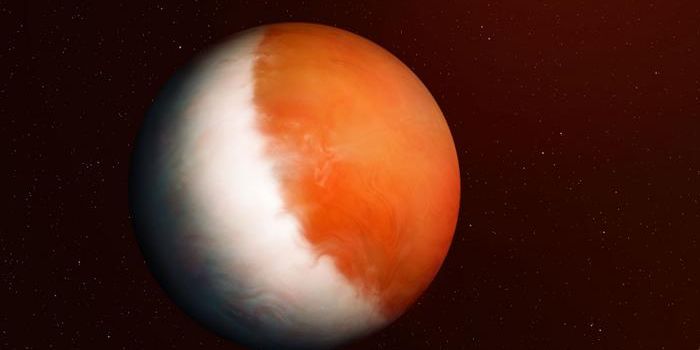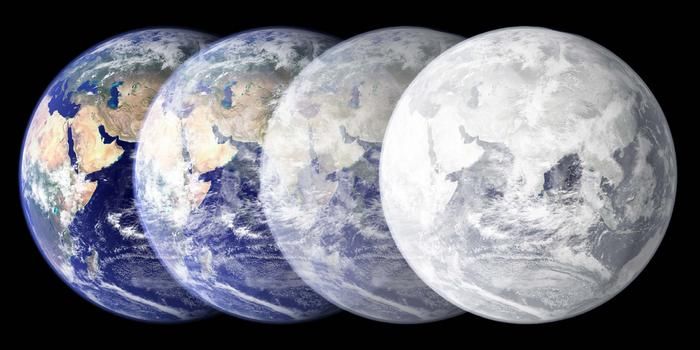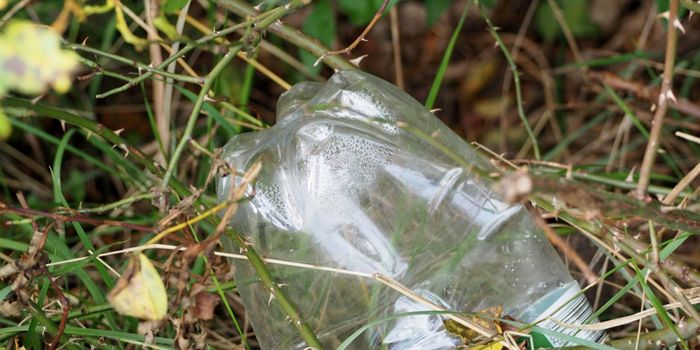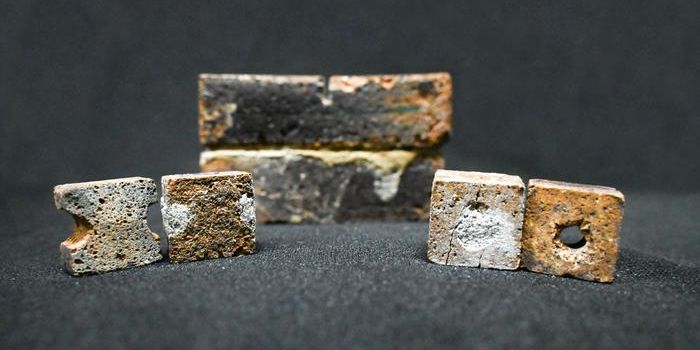How going vegan could save the planet
Roughly one-quarter of the climate change crisis can be attributed to the choices we make about the food we eat. A new study published in the journal Science showcases fresh research that suggests that the most impactful thing you can do to fight climate change isn’t hanging out your laundry or insulating your home – it’s going vegan.
“A vegan diet is probably the single biggest way to reduce your impact on planet Earth, not just greenhouse gases, but global acidification, eutrophication, land use, and water use,” said lead author Joseph Poore, from the University of Oxford, UK. “It is far bigger than cutting down on your flights or buying an electric car,” he said, as these only cut greenhouse gas emissions.
“Agriculture is a sector that spans all the multitude of environmental problems,” he said. “Really it is animal products that are responsible for so much of this. Avoiding consumption of animal products delivers far better environmental benefits than trying to purchase sustainable meat and dairy.”
The study looked at 40,000 farms around the world, covering 119 countries and 40 food products that altogether account for 90% of foods. Using the data gathered from these farms, the researchers analyzed how certain foods impact land use, climate change emissions, freshwater use and water pollution (eutrophication) and air pollution (acidification).
Their analysis determined that meat and dairy overwhelmingly accounted for more than their fair share of greenhouse gas emissions: 60%! Those industries also use an extremely disproportional percentage of farmland, 83%, while only proving 18% of calories and 37% of protein. In fact, even the most sustainable meat and dairy products out there result in higher emissions than the least sustainable vegetable and cereal products.
(Are you convinced to go vegan yet? What about the Mediterranean diet that the video above talks about?)
In a great “what if” scenario, the researchers figured out that in a vegan world, global farmland use could be reduced by more than 75% and there would be no lack of food! To put that area into perspective, it would be like adding up the US, China, European Union, and Australia and reforesting it all from farmland into lush carbon sinks.
But the researchers know that the whole world going vegan is a long-shot. So they’re willing to settle: “If the most harmful half of meat and dairy production was replaced by plant-based food, this still delivers about two-thirds of the benefits of getting rid of all meat and dairy production,” explains the Guardian.
To make that happen, governments will need to subsidize healthy vegetables and cereals, as well as put a tax on meat and dairy. That, and consumers need to have ready access to the impacts of the products they are buying, which means more transparent labeling that makes it clear the climate impacts a particular product has.
Sources: The Guardian, Vox









